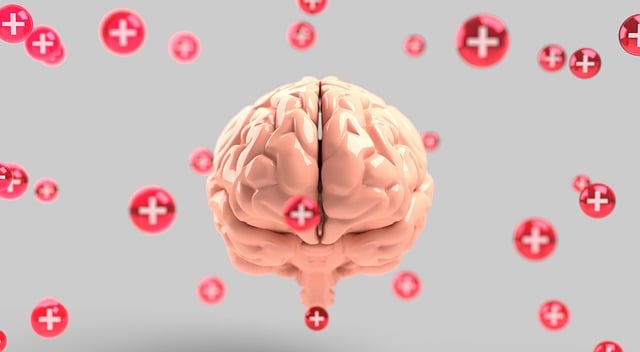TL;DR: Littleton Abuse Survivors Therapy (LAST) focuses on teaching emotion regulation skills, helping survivors cope with trauma-induced emotional intelligence gaps by fostering empathy and safe spaces. Techniques like mindfulness meditation and cognitive reappraisal empower individuals to manage intense emotions, reduce stress, and enhance well-being, ultimately promoting healing, resilience, and improved quality of life in both personal and professional spheres.
Emotion regulation techniques are essential tools for Littleton Abuse Survivors, offering a path towards healing and empowerment. This article delves into the critical role of emotion regulation in therapy for survivors, providing practical strategies to manage and process complex emotions. From understanding the basics to exploring long-term benefits, we guide readers through effective methods tailored to meet the unique needs of those who have experienced trauma. By mastering these skills, Littleton Abuse Survivors can navigate their emotional landscape with greater ease and resilience.
- Understanding Emotion Regulation for Littleton Abuse Survivors
- Practical Techniques for Managing Emotions in Therapy
- Long-term Benefits of Teaching Emotion Regulation Skills
Understanding Emotion Regulation for Littleton Abuse Survivors

For Littleton abuse survivors, understanding emotion regulation is a crucial step in their healing journey. Many survivors struggle with emotional intelligence, having developed coping mechanisms to avoid or suppress feelings as a defense mechanism during traumatic experiences. Learning to identify and process emotions healthily is essential for their long-term well-being. Therapy plays a vital role here, offering safe spaces for clients to explore their emotions without judgment.
Empathy building strategies are particularly effective in Littleton Abuse Survivors Therapy. Therapists create an environment of understanding and support, allowing survivors to express their feelings openly. This process fosters emotional intelligence, enabling them to recognize and manage their emotions effectively. By integrating these skills, survivors can navigate their daily lives with enhanced resilience, reducing the risk of depression prevention and promoting overall mental health recovery.
Practical Techniques for Managing Emotions in Therapy

In Littleton Abuse Survivors Therapy (LAST), practical emotion regulation techniques are a cornerstone of the therapeutic process. These techniques empower individuals to manage their emotions effectively, fostering resilience and well-being. Strategies such as mindfulness meditation help patients stay grounded in the present moment, reducing reactivity to intense feelings. By focusing on breath and observation without judgment, individuals can calm their nervous systems and gain greater emotional control.
Additionally, cognitive reappraisal is a valuable tool taught within LAST. This involves challenging negative thought patterns and replacing them with more balanced perspectives. By reframing situations and beliefs, individuals can change their emotional responses, reducing the impact of stressors. These techniques combine to promote stress management and depression prevention, enhancing the overall effectiveness of therapy for survivors navigating complex emotions.
Long-term Benefits of Teaching Emotion Regulation Skills

Teaching emotion regulation skills offers long-lasting benefits, especially for individuals who have experienced trauma, such as those in Littleton Abuse Survivors Therapy programs. By equipping people with the ability to understand and manage their emotions effectively, these techniques foster a sense of control over their lives. This newfound autonomy can significantly reduce the impact of past traumas, helping individuals to heal and thrive in various aspects of their daily lives.
In the context of community outreach program implementation, teaching emotion regulation skills promotes resilience and well-being on a larger scale. It empowers people to cope with life’s challenges, including stress management, by providing them with tools to navigate difficult emotions. This can lead to improved relationships, enhanced job performance, and better overall mental health, ultimately contributing to a more positive and supportive community environment.
For Littleton abuse survivors, learning emotion regulation techniques through therapy offers a powerful tool for healing and personal growth. By equipping individuals with practical skills to manage their emotions, these methods enable them to navigate life’s challenges with increased resilience and well-being. The long-term benefits extend beyond the therapeutic setting, fostering healthier relationships and enhancing overall quality of life for survivors seeking to rebuild their lives. Incorporating emotion regulation teaching into Littleton Abuse Survivors Therapy is a transformative step towards empowering individuals to reclaim their emotional autonomy.














